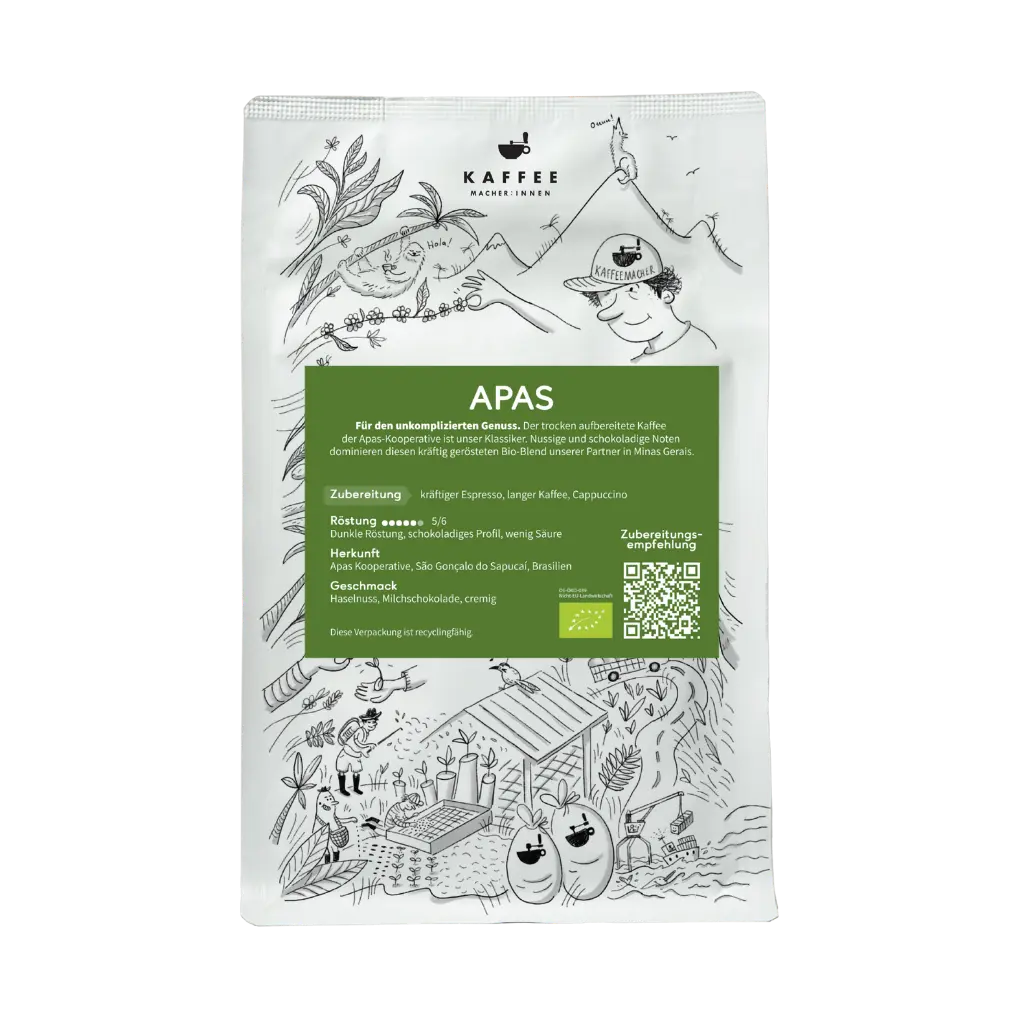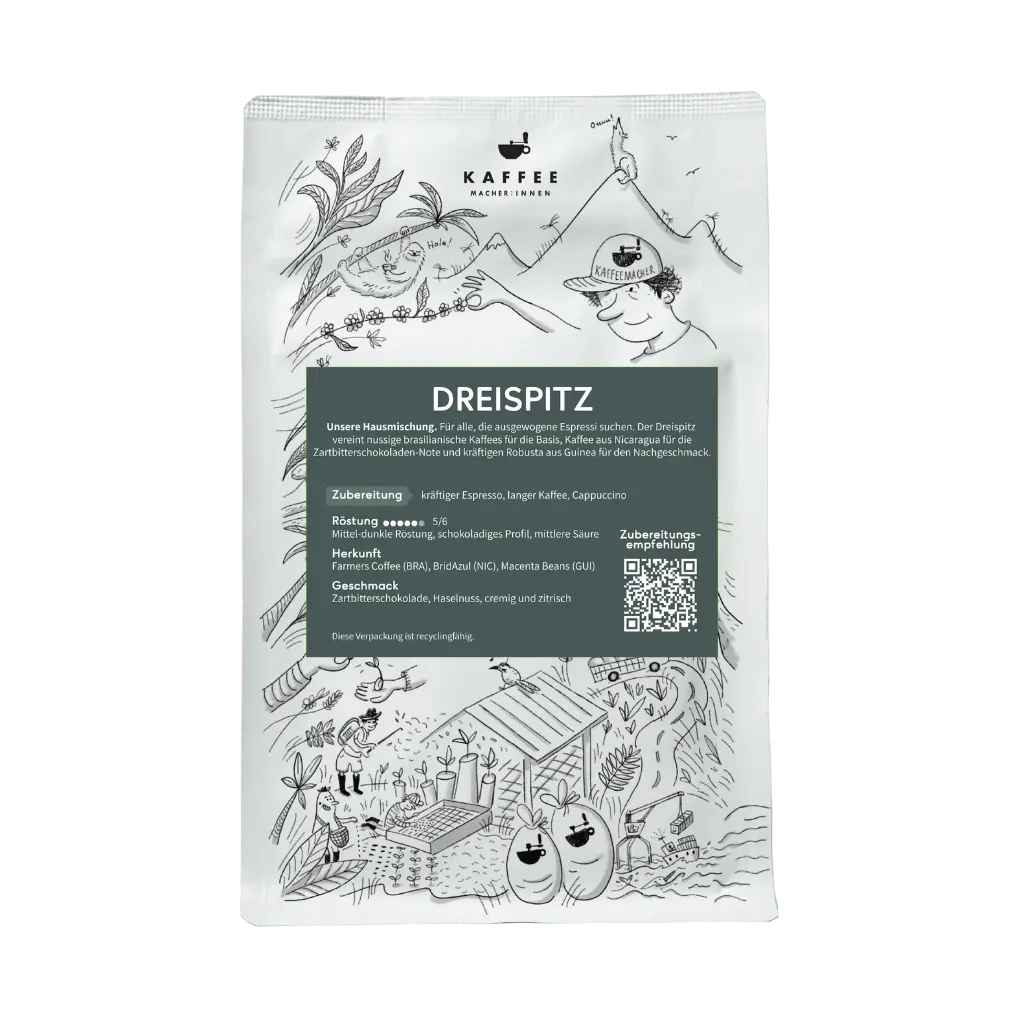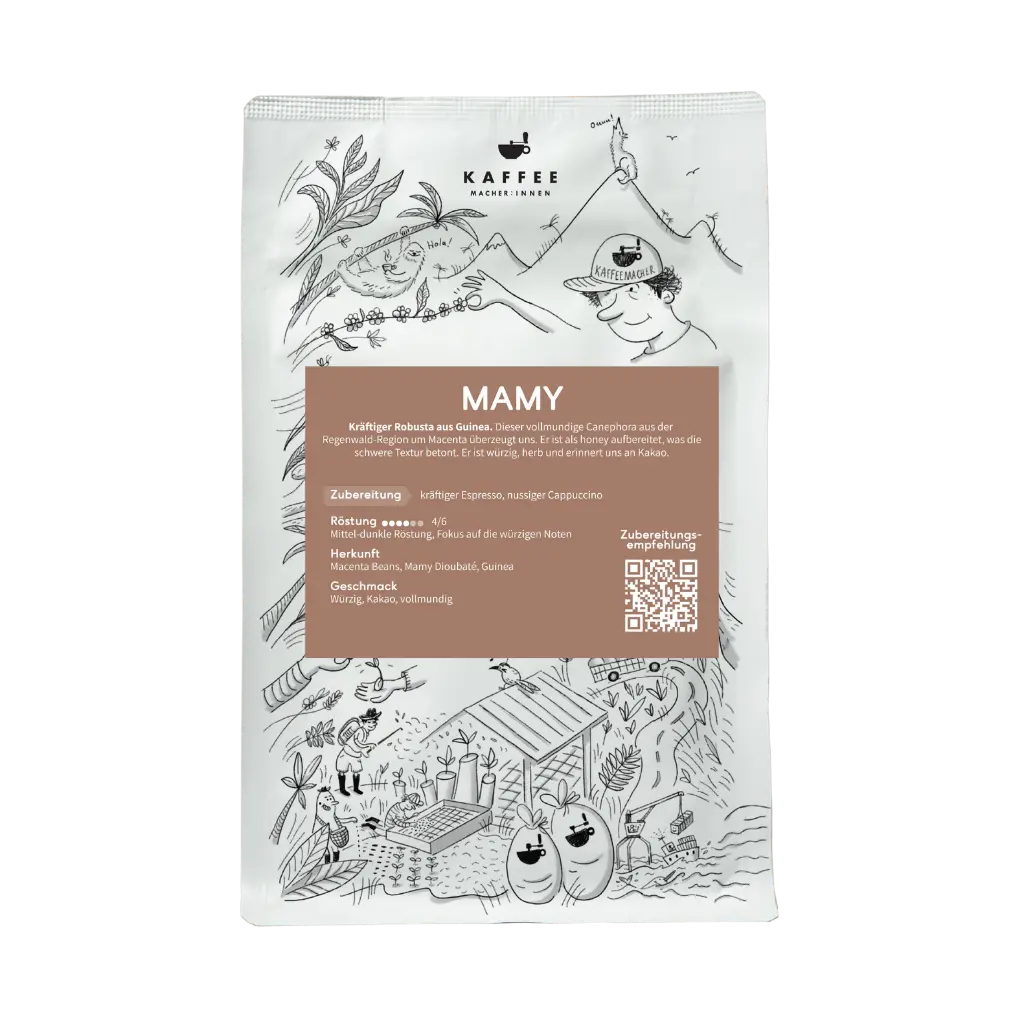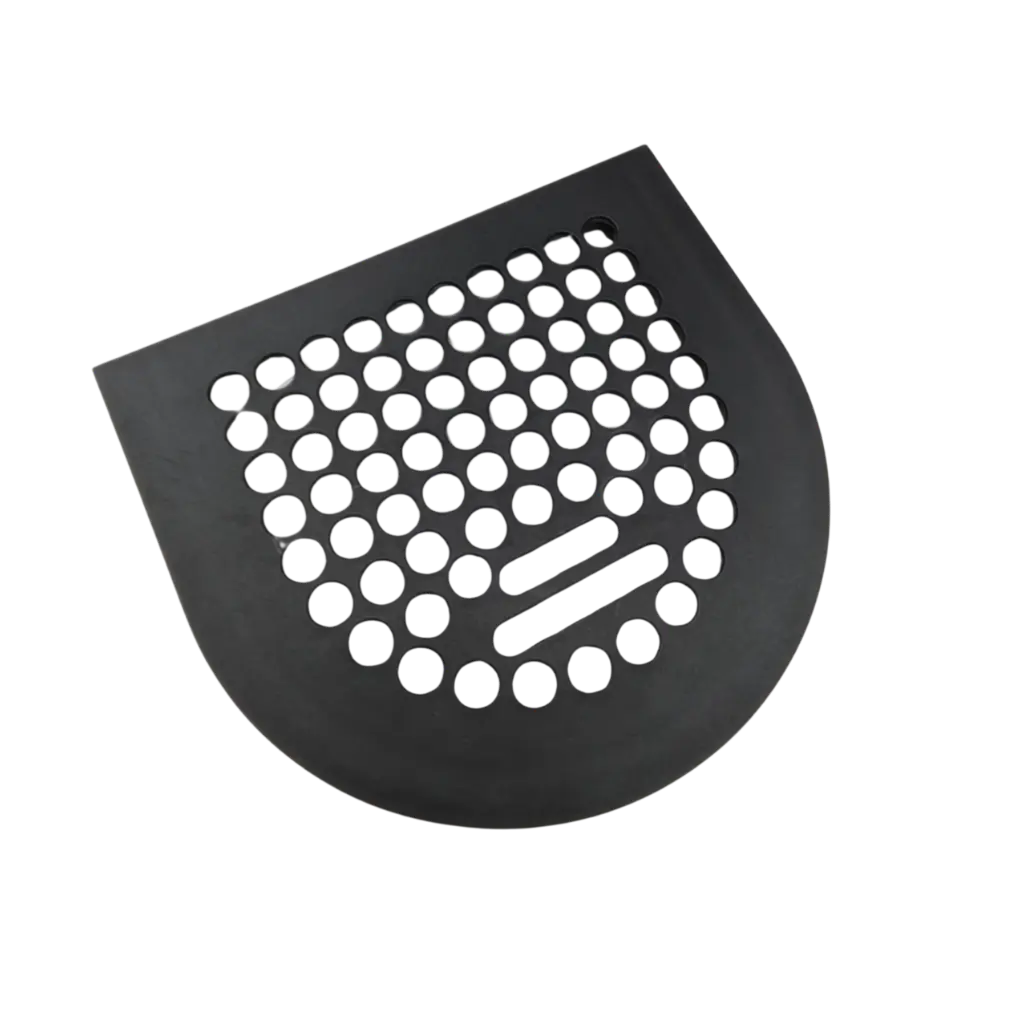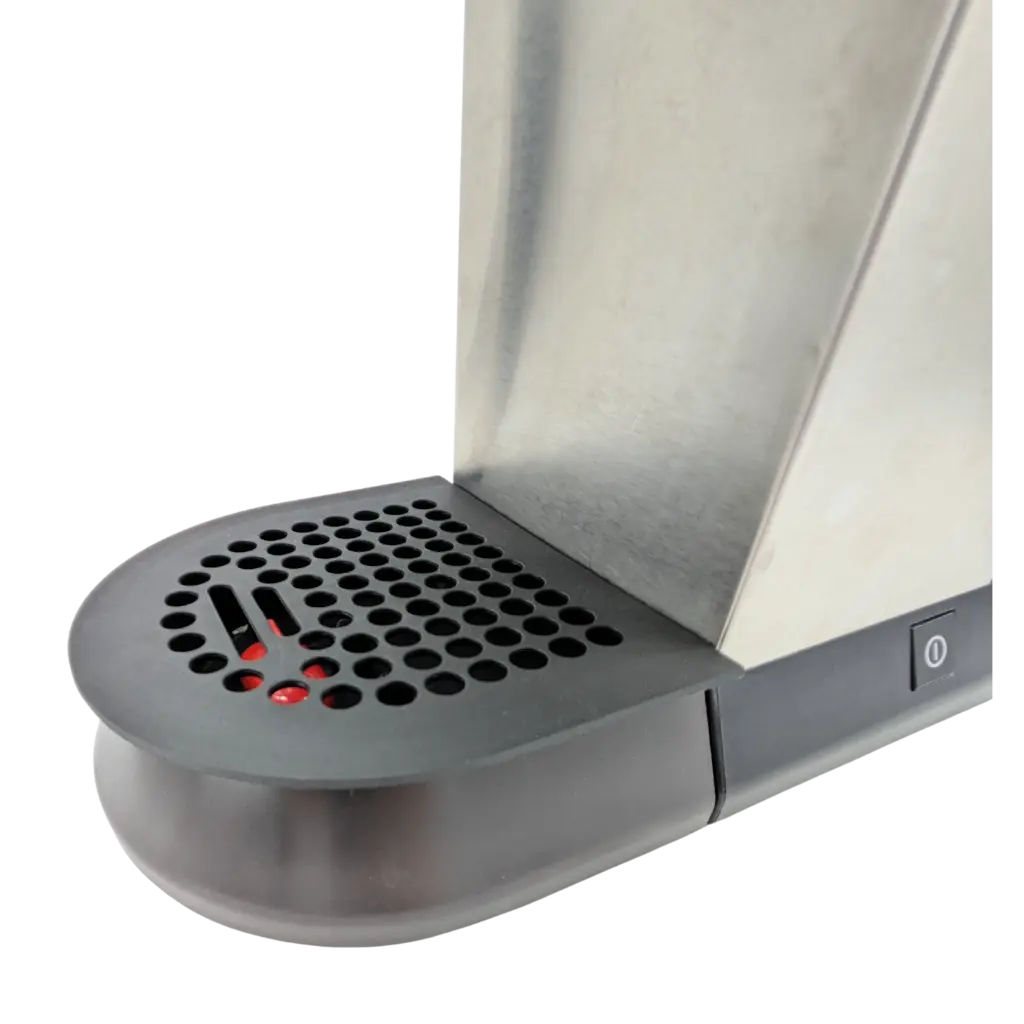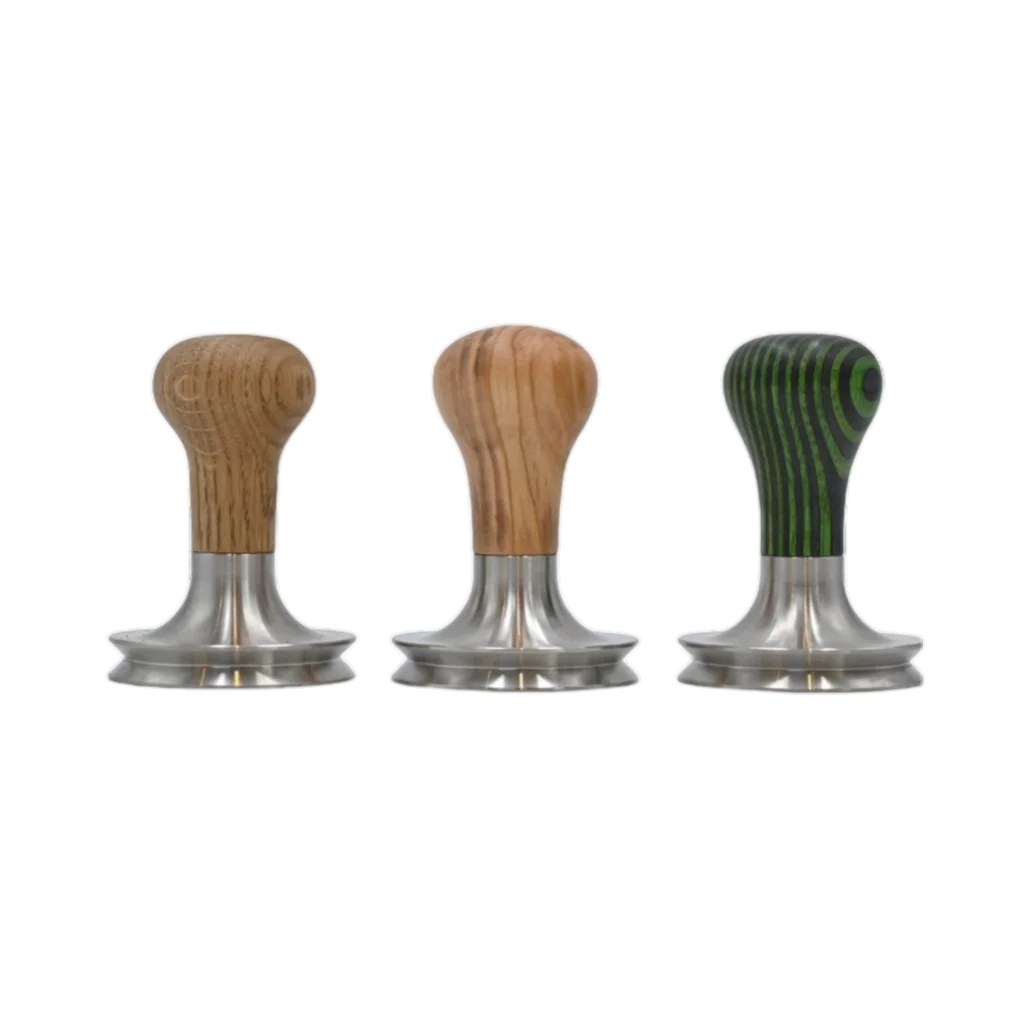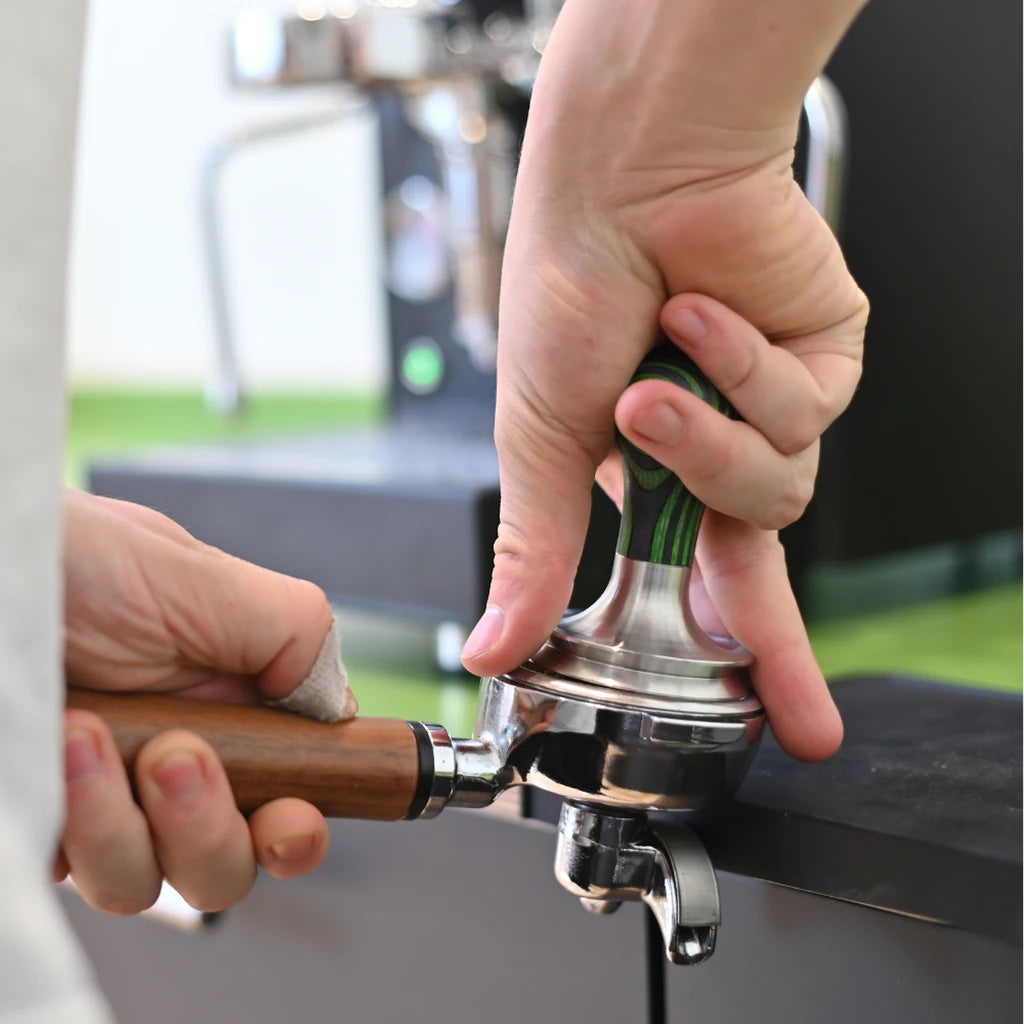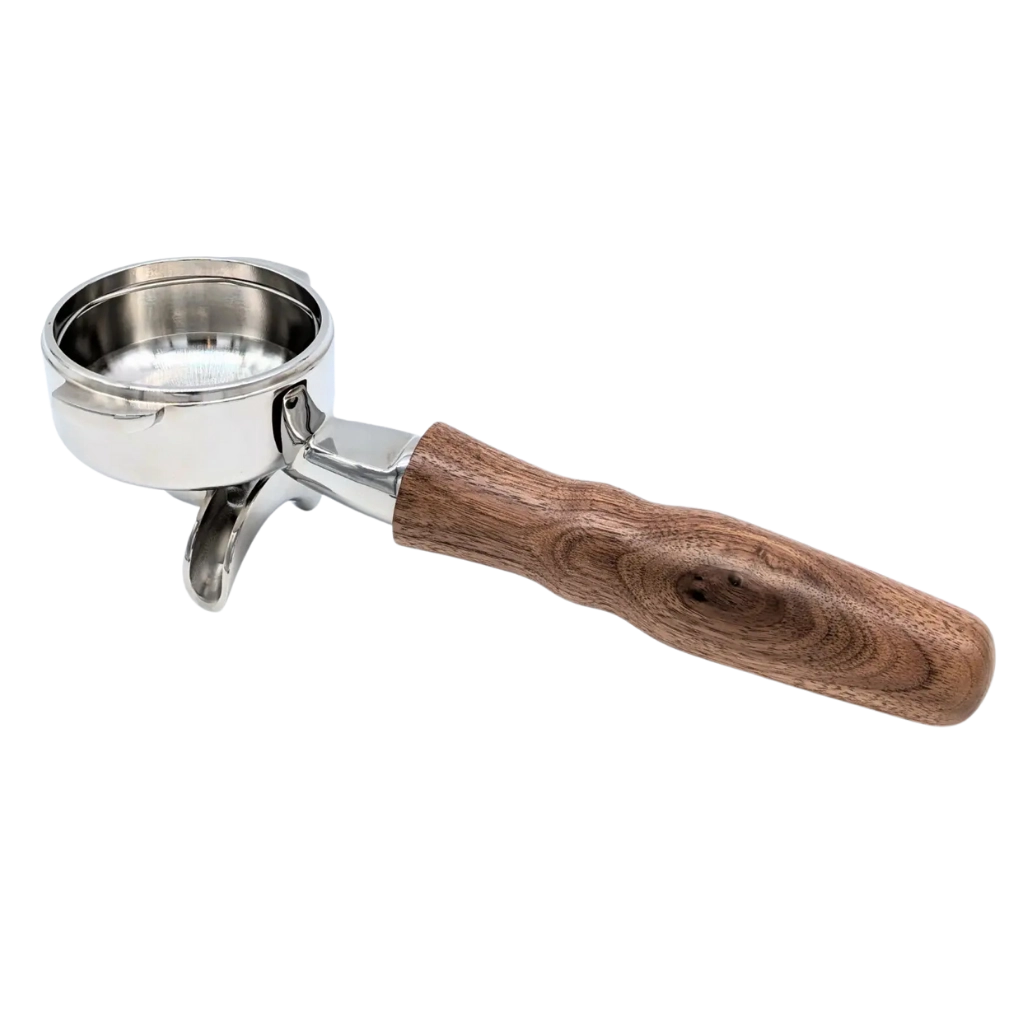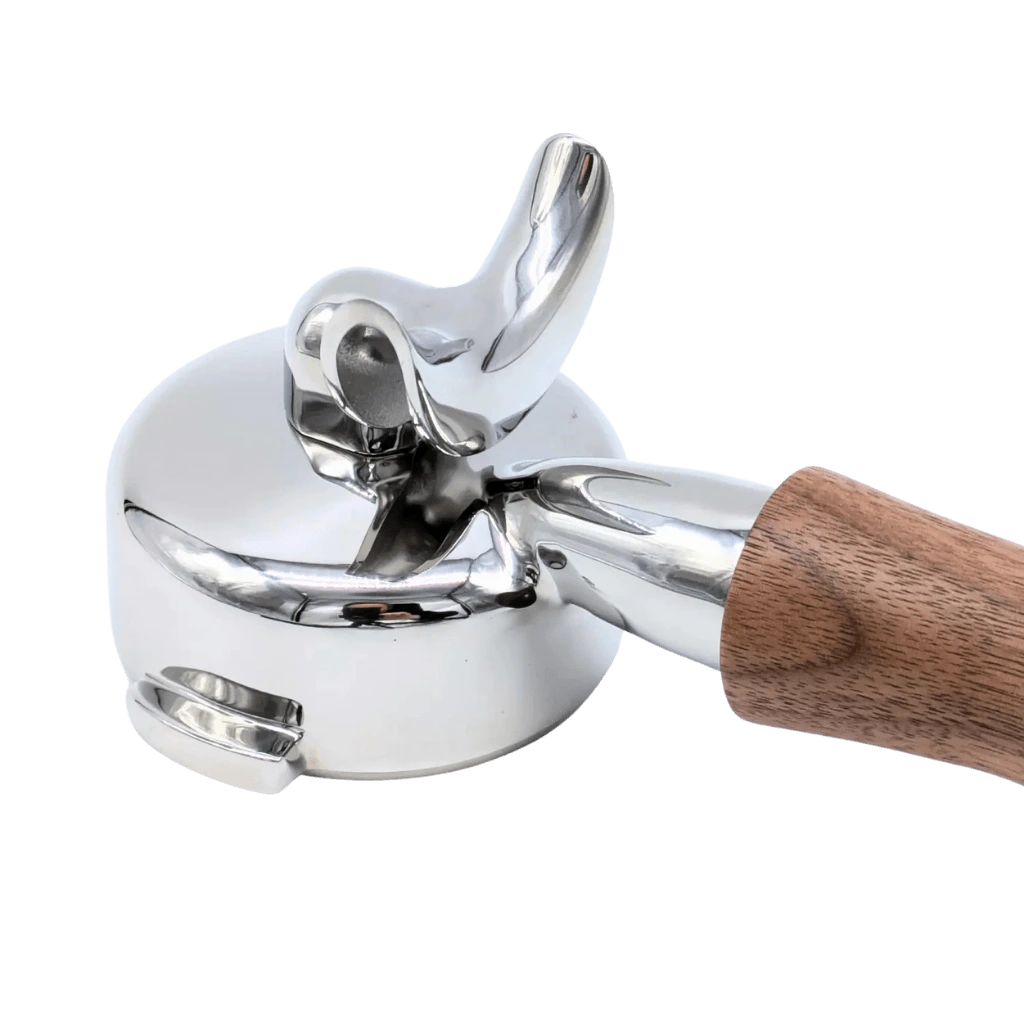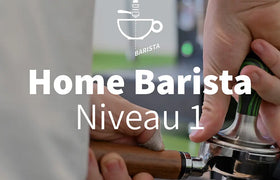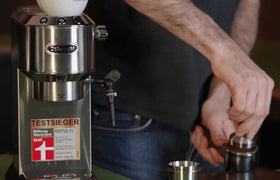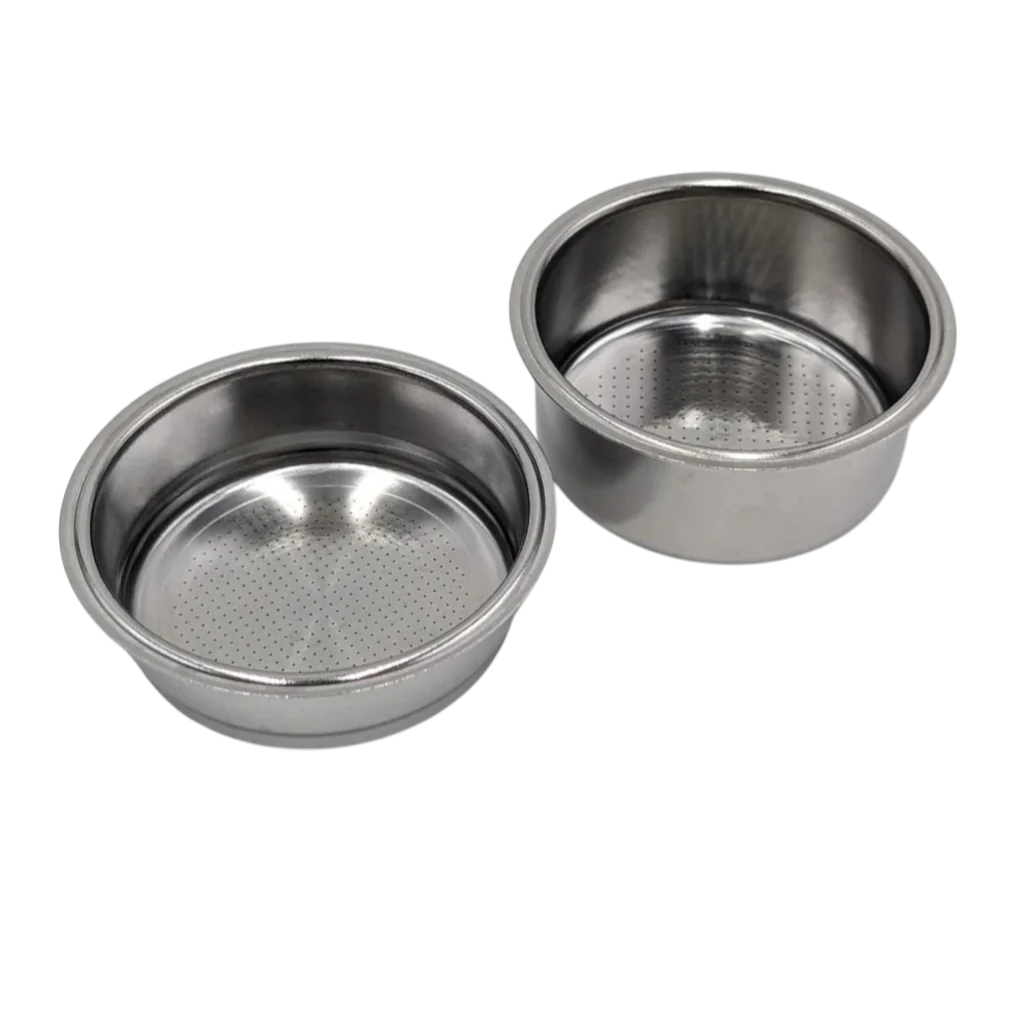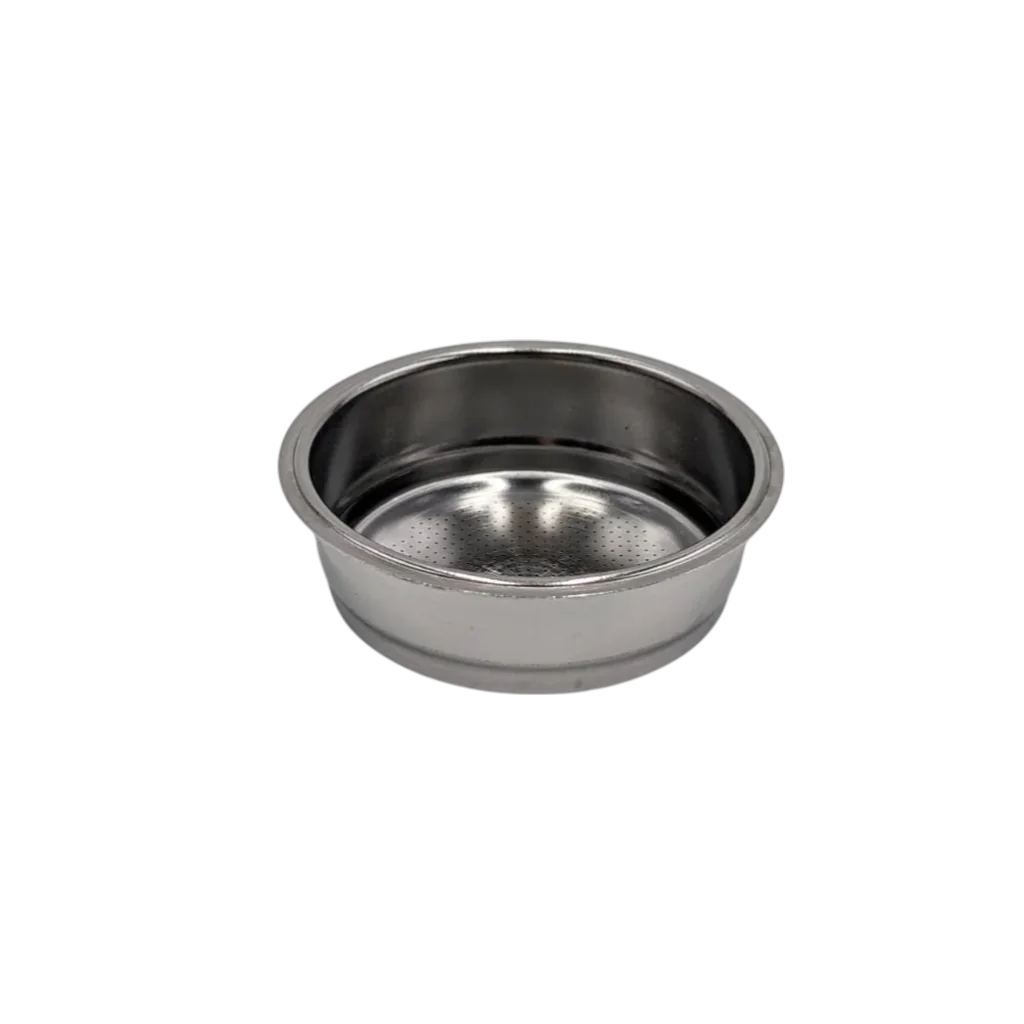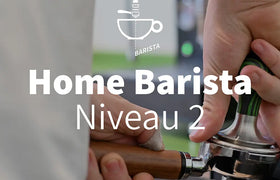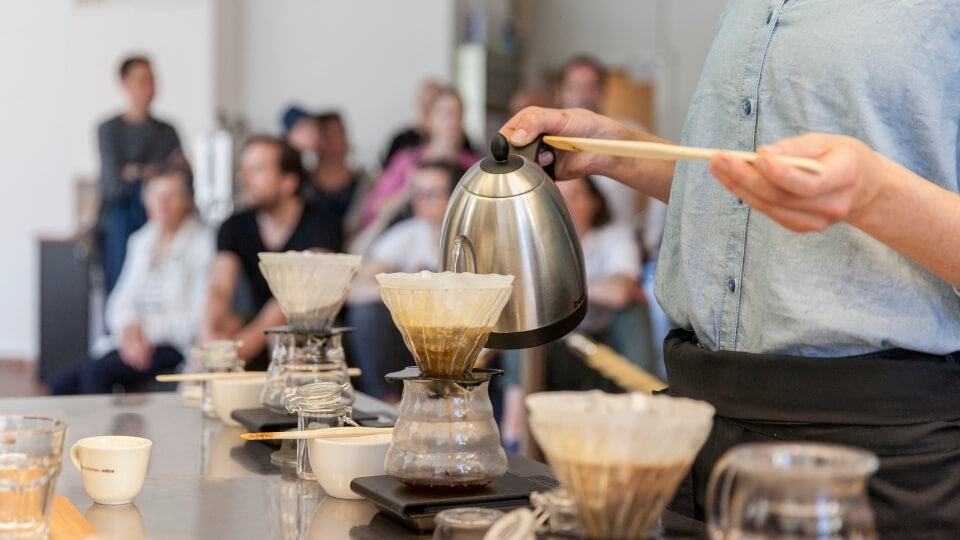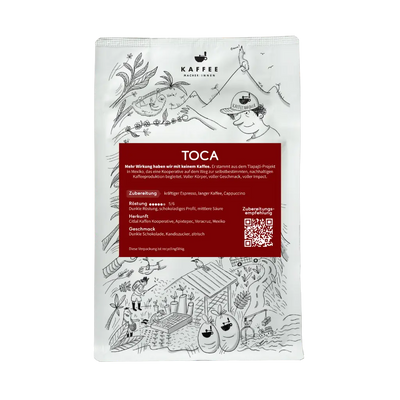There are new Brewers Cup rules! These have profound implications for the discipline. We've summarized and analyzed the consequences for you.
- Far-reaching changes in the Compulsory Service
- New scoresheets, changed sensory focus and new calculation bases
- significant upgrade of the Head Judge with his own score sheet
- New definitions for the water to be provided by the organizer
- Far-reaching consequences for the competition setting as a whole as well as the coffee choice in the open service
Compulsory Service
A lot has changed! Paragraph 9.1.C., in particular, looks completely different now. Let's first look at the facts and then venture an interpretation.

In the future, not only the coffee provided will have to be used, but also the water and grinder provided.
The old rule 9.3.C., which stated: “Coffee ground before the competition time will be allowed,” is also no longer applicable. Now the coffee must be ground during the “Competition Time” (see also 11.3, second paragraph).
Consequences: With the ability to choose your own water, the character of a Compulsory Service coffee could previously be adjusted relatively easily. By choosing softer or harder water, you could emphasize acidity, body, or sweetness. This tool is now no longer available. The brewing recipe and brewing method will become even more important in the future.
An interesting additional difficulty: the coffee can't be conveniently weighed and strained multiple times before competition time. Indeed, not even during setup time, if we read the rules correctly! (See, among others, 13.2.3, fifth paragraph)
Depending on the brewing method, this brings a certain amount of time pressure into the 7-minute competition time.
Score Sheet Cup Score | Open and Compulsory Service
Flavor and Overall no longer count double. Instead, Acidity and Body are the new big point providers. These rule changes apply to both Compulsory Service and Open Service, but have very different effects.

In Compulsory Service, they are an interesting addition to the other changes noted above. Both acidity and body are components that can be wonderfully manipulated through the choice of brewing equipment and recipe.
The key to acidity is how clearly it contributes to the liveliness and fruity character of a coffee without being sour, sharp, or dominant.
Body is a very interesting metric that describes the tactile performance of the coffee in the mouth. It's not primarily about intensity, but rather about quality. A "light body" can be wonderfully smooth and score highly. While a "heavy body" that rumbles around in an astringent manner scores poorly.
It's certainly a good thing that Overall is no longer considered a Double Points component. Compared to all other Cup components defined in the Brewers Cup rules, Overall is the one most open to subjective impressions.
In Compulsory Service, the question of coffee choice doesn't arise—because it's provided. In Open Service, this question certainly does. Does this new evaluation approach affect coffee choice? I would say yes, definitely. But let's first look at the other changes in Open Service.
Open Service
At first glance, the changes might seem overlooked. There's nothing particularly noticeable in either the summary of the overall competition or the description of the Open Service itself. But quite a few things have changed. First of all, the water.
When selecting water in the Open Service, participants will no longer be bound to the range defined in 11.2, which applies to the water provided in the Compulsory Service. This opens up entirely new possibilities for playing with the water theme even more! What the Compulsory Service loses, the Open Service gains back even more.
- The head judge is required to taste his or her own water both hot and at room temperature. This is to ensure that the water is flavor-free.
All other rules are hidden in the scoresheet! We've already covered the cup score above. However, some changes have also been made to the presentation score .
The three judges will continue to award 40 points, but no longer double for the no longer existing category “Overall Impression”, but in the future double for Customer Service and Taste Description.

The cup scores at the top of the sheet are filled out by the judges as in a blind tasting. It doesn't matter what the participant says, sings, or dances. The Taste Description compares whether what the participant has described matches the blind tasting. And this is more important than ever in the future, because otherwise it hurts twice as much! Customer Service is also increasing, displacing Overall Impression.
However, the contents of the Overall Impression will not disappear; they will instead be transferred to the Head Judge's scoresheet. And in the future, the Head Judge will not only be allowed to participate in the cup judging, but will also be a Technical Judge.

Overall Workflow will include Overall Impression. In the future, workflow, the use of tools and equipment, and their organization will be evaluated. Cleanliness AND consistency will also be assessed!
Finally! Of course, the important thing is in the cup. But I've long believed that consistent and even processes are also crucial. There's now room for that in the scoresheet.
Also new is the evaluation of sensory uniformity. And this actually involves a hidden rule change. Previously, it wasn't necessary to brew three identical cups. I explicitly didn't do that at the World Brewers Cup in Rimini. That will no longer be possible in the future. Instead, all cups must perform equally over time.
The head judge can award a total of 20 points. I'll discuss the overall scoring and its impact below.
Water
- In the future, water will be provided in the Compulsory Service (see 9.5.A and 9.1.C). This eliminates the possibility of playing with the water, as described above.
- The range of water provided by the event organizer has become significantly narrower and noticeably "softer." Instead of a target range of 150 mg/L TDS and a permitted range of 75–250 mg/L TDS, the required range in the future will be 85 mg/L TDS and a range of 50–125 mg/L TDS, respectively. Calcium hardness is set at 51 mg/L instead of 68 mg/L.
What doesn't change!!!
9.4.D. This rule has proved fatal to numerous competitors worldwide. It remains in place. It simply states that at least 120 ml of coffee must be served in a container. If a competitor pours from a brewing vessel into a cup, the served cup must contain exactly 120 ml!Scoring
Now only the Compulsory Round will count toward the finals. Previously, all First Round results were "carried over." This means that points from a potentially poor or good Open Service round are eliminated. The Compulsory Service results are even more important, as they fully add up to the Open Service results of the finals!It sounds so simple, but it's a huge deal! I interpret it as a significant upgrade to your individual brewing skills by delivering a coffee made by someone else!
The Open Service is calculated as follows: The Total Cup and Total Presentation scores are added for each judge and divided by 1.40. The final scores from each judge are then added together, and the average is calculated by dividing the total by three. This number is then multiplied by 1.4, the Head Judge's score is added, and the total is divided by 1.6. Example: J1 scores 71, J2 73, J3 72 = 72 average x 1.4 = 100.8 + 15 from the Head Judge / 1.6 = 72.375
Seems complicated. And it is. Let's take the same example and let the head judge award more or fewer points, in this case 10, 12, 14, etc., and let the sensory judges stick to their average. Then it looks like this:
10 => 69.25, 12 => 70.5, 14 => 71.75, 16 => 73, 18 => 74.25, 20 => 75.5
Ten points from the head judge score are around 6.25 on the total score. That's quite a lot! Those are points no one wants to miss. The level will probably be very close in the final of a championship, and two more or less head judge points will really hurt!
Summary and conclusion!!!
I dare say: the new masters and world champions will be chosen through Compulsory Service in the future. And that's a good thing, because this is the part of the competition where a brewer can showcase their skills the most! The importance of coffee in Open Service is being lessened. There are still many points awarded for it, but presentation and consistency in the work are being valued more highly.Recently, the Brewers Cup has increasingly become a question of available budget for exquisite coffees, dominated by certain varieties or green coffee companies. This trend is now being dampened.
In fact, the higher acidity and body scores open up entirely new possibilities for green coffee selection. I'm excited to see what's coming in the next few years.
Overall, I'd say the new rules are very good for the Brewers Cup. I believe that with these rules in place, the Brewers Cup will continue to be on the fast track! In this respect, I have great praise for the WCE team that developed the new rules!
PS: This is also important. 🙂




